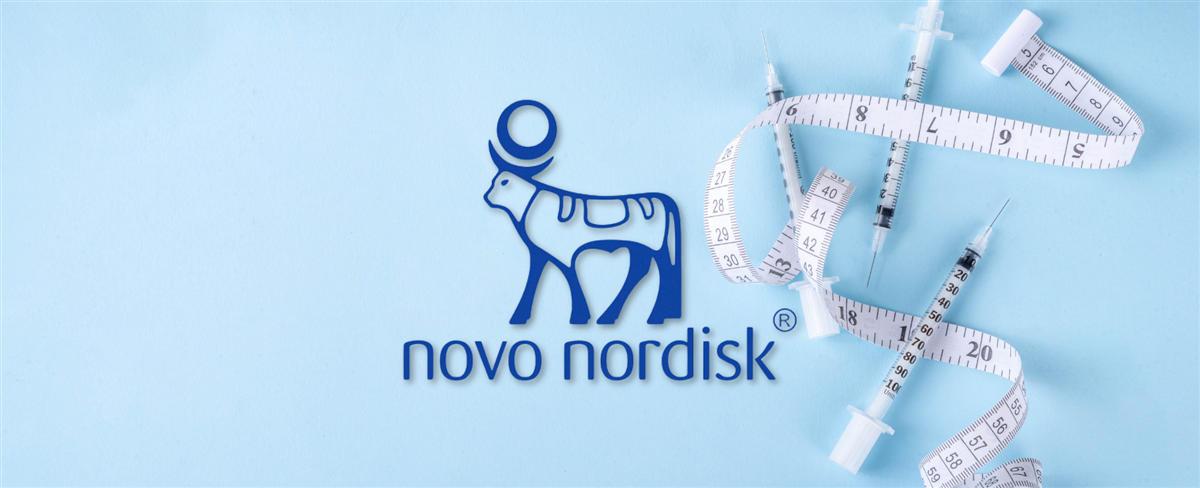Financial News
More News
View More
Sable Offshore: The Court Ruling That Changes Everything ↗
Today 16:32 EST
Hey SoundHound—Why Is Your Stock Suddenly on Fire? ↗
Today 14:27 EST
Is 2026 The Year to Load Up on Crypto Miners? ↗
Today 13:43 EST
Why SanDisk Just Had One of the Biggest Days in Its History ↗
Today 12:37 EST
Recent Quotes
View More
Stock Quote API & Stock News API supplied by www.cloudquote.io
Quotes delayed at least 20 minutes.
By accessing this page, you agree to the Privacy Policy and Terms Of Service.
Quotes delayed at least 20 minutes.
By accessing this page, you agree to the Privacy Policy and Terms Of Service.
© 2025 FinancialContent. All rights reserved.









